Images are being shared online of an empty Haram with no pilgrims circling the Kaaba. Mosques across the world are closed for congregational prayers. Social gatherings have been suspended and food supplies are impacted. This year, it’s fair to say, we’ll see a Ramadan like no other.
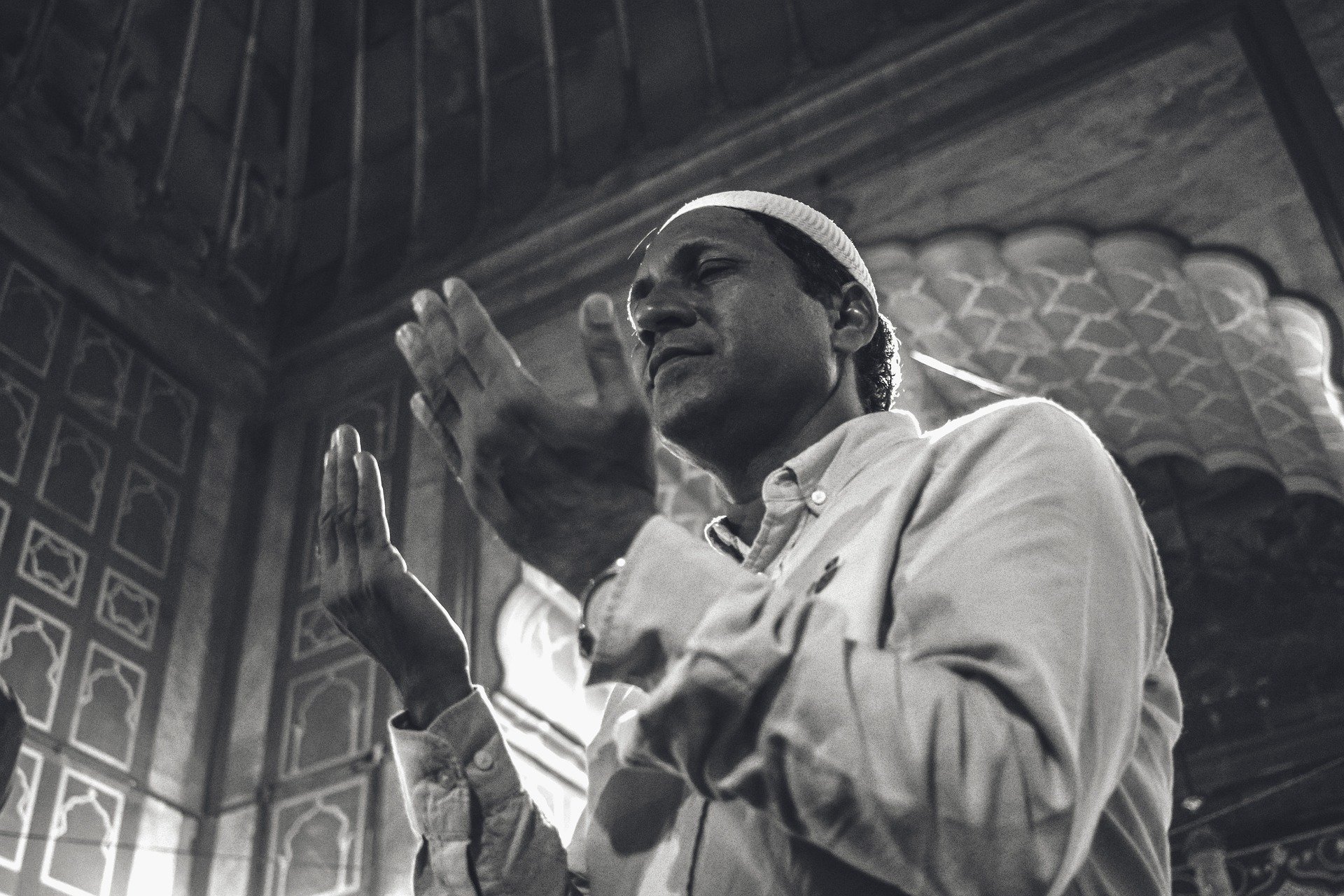
But that doesn’t mean we can’t achieve the ultimate purpose of Ramadan: to attain taqwa (God-consciousness). In fact, without social distractions, a lockdown Ramadan at home may help us focus on connecting with Allah while feeling a greater empathy with those facing more difficult circumstances.
Muslims have always found ways of continuing to practice their faith in times of crisis. In fact, such times can be an opportunity to assess our relationship with our faith, especially as we may be experiencing a heightened sense of anxiety, the prospect of poor health and even the loss of loved ones.
Below are some tips to help you take care of your soul and benefit from the spiritual rewards of the holy month.
Increase your time spent in worship
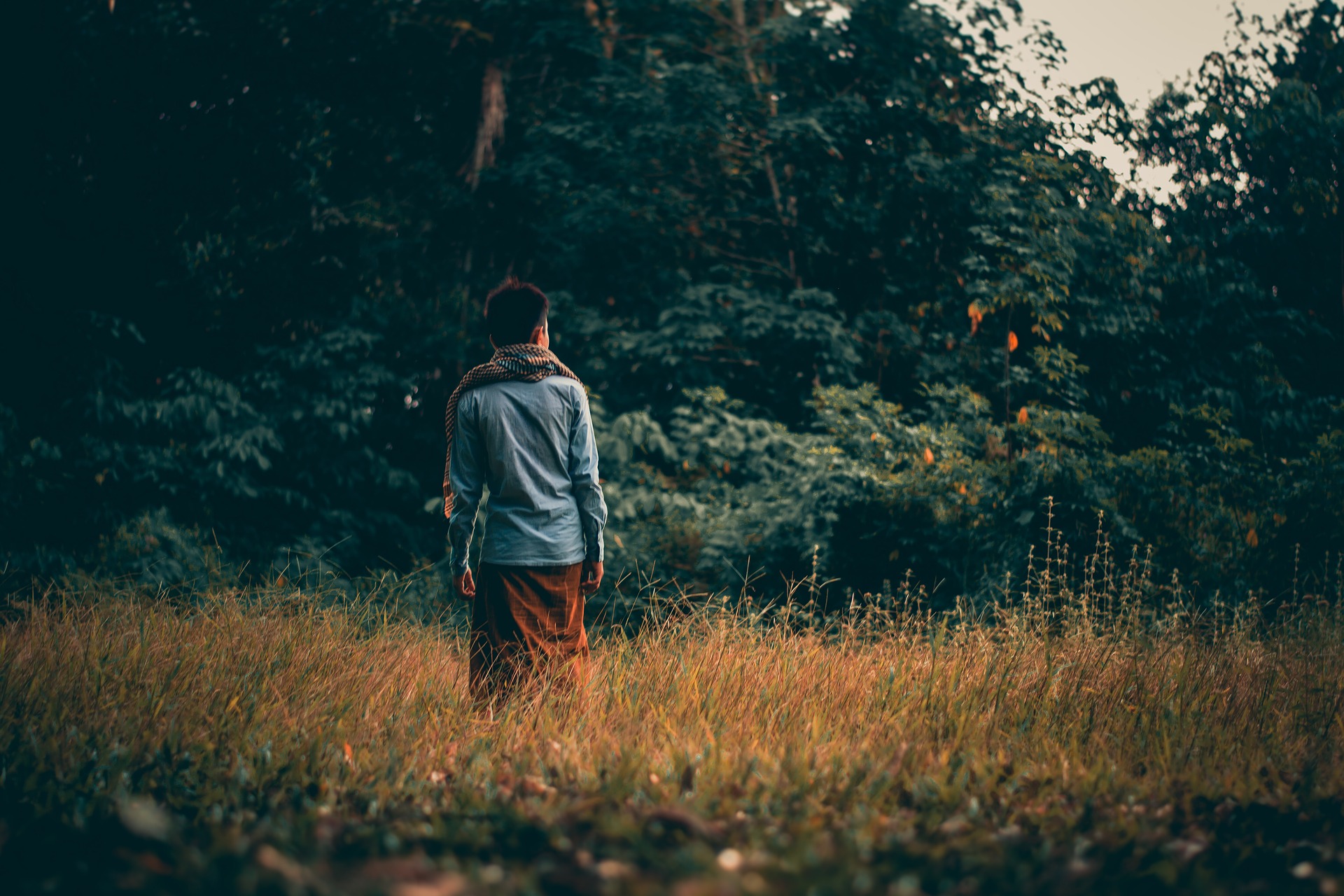
The COVID-19 crisis has meant a drastic change in our daily routines and for many, this has resulted in more free time. Whether it’s because you’re no longer able to go out and socialise, saving the time of your daily commute or because you’re unable to work, you’re likely to have more time to spend at home in worship. Many of us will also find ourselves in isolation this Ramadan and this period of solitude can really help us connect with God.
Being caught up in the rat race of modern life for far too long, we may have forgotten how to sit still and simply think and reflect on the glory of God. We can use this slower pace of life to spend more time in worship to heal our soul. As the Qur’an states, “Verily in the remembrance of Allah do hearts find peace,” (13:28).
This is also a good time to learn all you can of the many virtues of Ramadan and increase your religious knowledge in general. Reflecting on the Qur’an and sunnah will help you move closer to God and understand your duties as a Muslim. Seek forgiveness for any transgressions, work on improving your character and make sincere dua for yourself and those suffering all over the world.
Make a mosque in your home
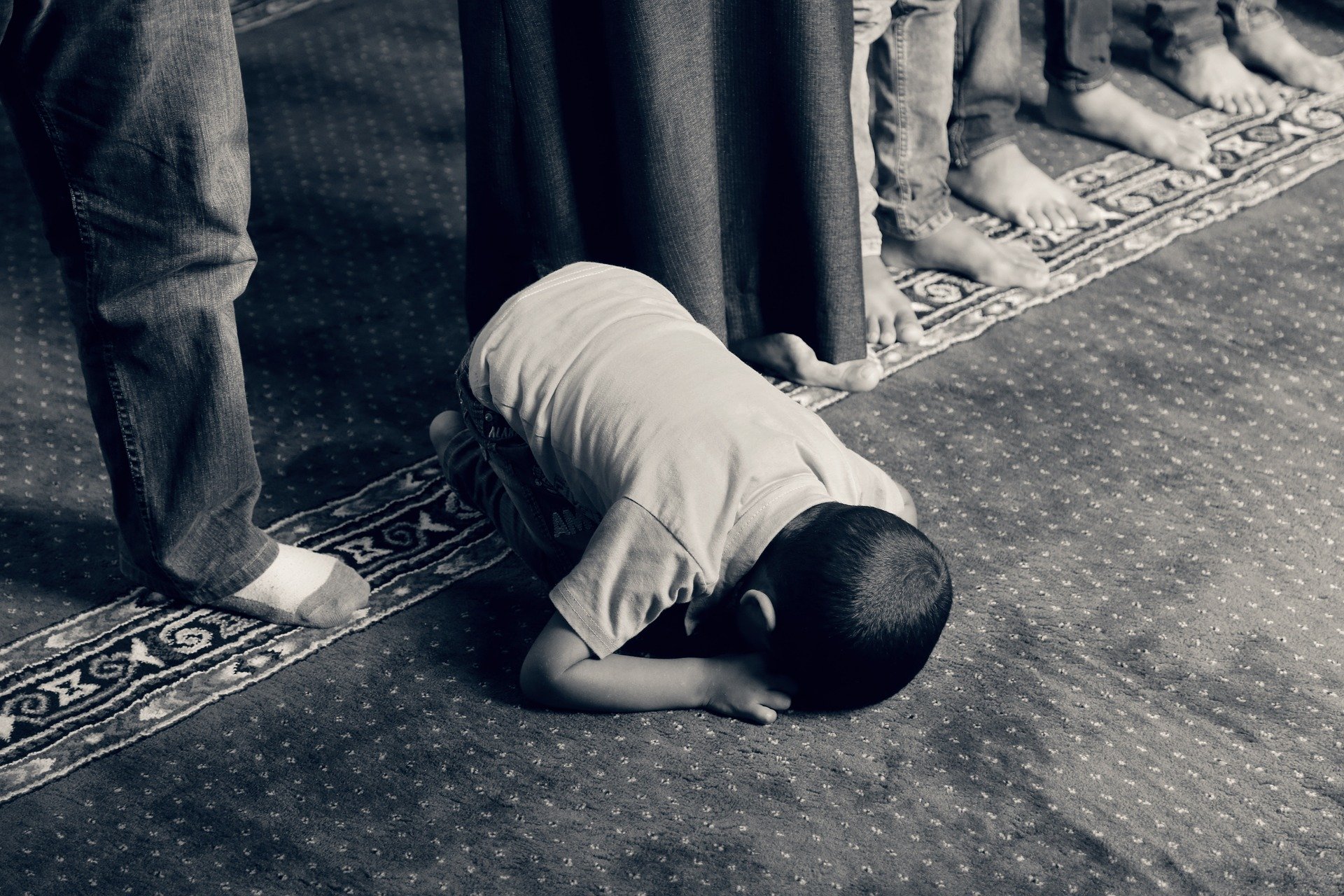
For many Muslims, performing tarawih prayers at the mosque has always been part of their daily Ramadan routine. It a core part of the spirit of the blessed month and is one of the things that makes Ramadan feel so unique and special. Congregational tarawih will most likely not be an option this year but there’s no reason we can’t create the spirit of Ramadan at home.
If you can, create a designated space in your home that’s solely used for worship and give it the respect of a mosque. Ensure it is a tranquil space free from noise and other distractions to allow you to focus on individual or collective worship with your family.
Connect with those less fortunate
The COVID-19 pandemic has seen lives changed for people around the world and for many this change feels like it happened almost overnight. Some have lost their jobs, others have lost their loved ones and many have seen their health deteriorate quickly. For many people living in crisis – due to conflict, famine or other natural disasters – their lives also turned upside down very quickly, robbing them of the stability and security they once thought was normal.
Take Fadhl’s story for example, a child who lost his father amid the conflict in Yemen.
“Life was good before the war,” says Fadhl. “My brothers used to provide for us, but since the war broke out they don’t have regular work.”
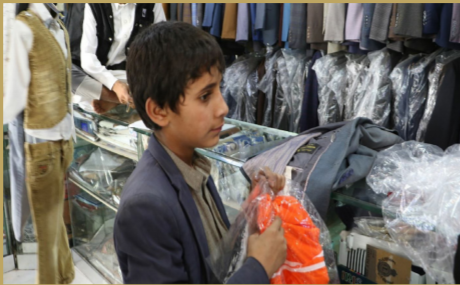
Fadhl lives with his mother and seven siblings in Sa’ada’s Old City. The fled the city in 2015 but when they returned to their home two years later they found it in a poor state. Every window was broken, and the second floor was badly damaged. They could not afford the repairs, let alone restore their lives to what they once were.
While many of us are oblivious to the extent of human suffering across the world, the coronavirus pandemic is a reminder that none of us can take normality and stability for granted.
Give charity to those in greater need
The Prophet (pbuh) said, “The believers in their mutual kindness, compassion and sympathy are just like one body. When one of the limbs suffers, the whole body responds to it with wakefulness and fever,” (Hadith, Bukhari and Muslim).
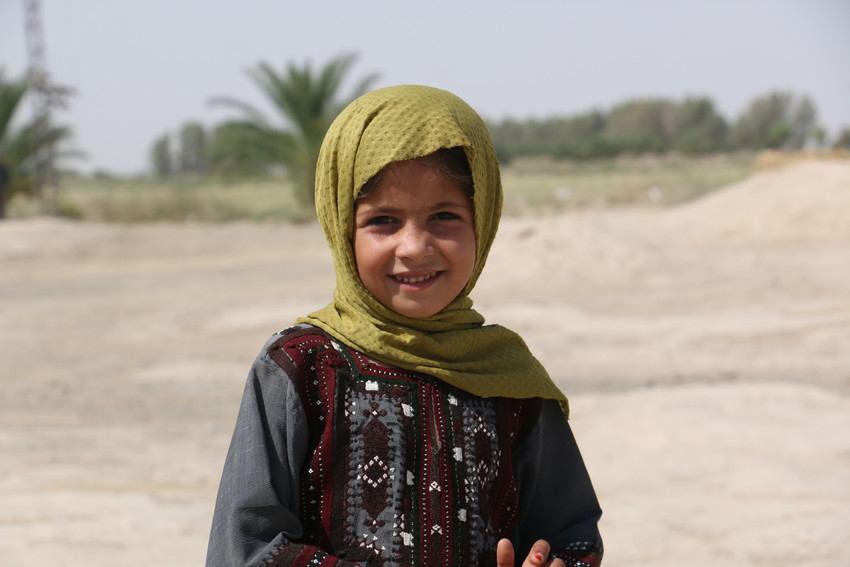
Let’s use this difficult situation to increase our support for those whose lives could be saved or made so much easier with our support. The Prophet (pbuh) was the most generous of people, and he was even more generous in Ramadan.
“If we did not receive help from Islamic Relief, I would have to stop studying and look for work to help my family,” says Fadhl. “There are many children in the same situation, and some of them face worse conditions than me. Some children do not have food and they have to work, but I am lucky.”
Count your blessings this Ramadan and share with those in need. Take action to change what you can.